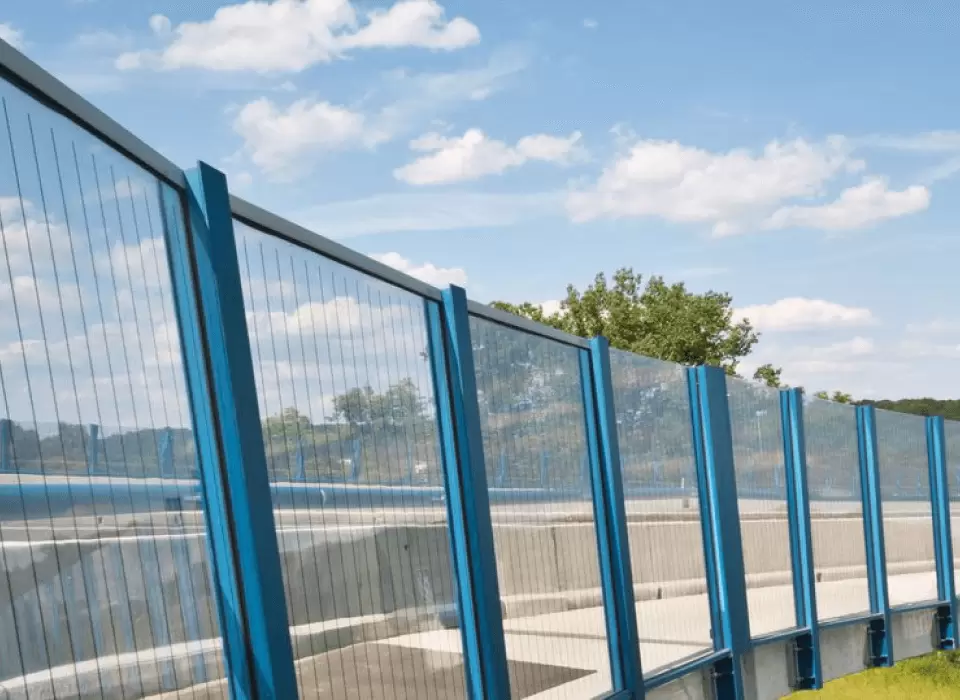Fire safety is a paramount consideration in both residential and commercial construction. Insulated Concrete Form (ICF) companies play a pivotal role in enhancing safety by offering innovative fire-resistant insulation products. This overview delves into how ICF companies are ensuring safety through products that meet rigorous fire safety standards across diverse applications.
- Compliance with Stringent Fire Safety Standards:
Regulatory Adherence: ICF companies prioritize the development of insulation products that strictly comply with national and international fire safety standards. This commitment ensures that their solutions meet or exceed the regulatory requirements set for fire resistance.
- Integrated Fire-Resistant Materials:
Holistic Approach: ICF companies integrate fire-resistant materials directly into their insulation products. This includes incorporating materials that exhibit high resistance to flames and heat, providing a comprehensive and proactive approach to fire safety in construction.

- Passive Fire Protection in Construction:
Building Material as a Safety Measure: ICFs are renowned for their inherent fire-resistant properties. ICF companies leverage this characteristic, offering insulation products that contribute to passive fire protection in construction. This involves using materials that inherently resist the spread of fire, enhancing overall building safety.
- Fire-Tested Insulation Solutions:
Reliability through Testing: ICF companies subject their insulation solutions to rigorous fire testing. These tests evaluate the materials’ performance under various fire conditions, ensuring that the insulation maintains its structural integrity and fire-resistant properties when exposed to heat and flames.
- Protection of Structural Elements:
Preserving Building Integrity: Fire-resistant insulation from ICF companies not only protects against the spread of fire but also safeguards structural elements of buildings. This dual functionality ensures that, in the event of a fire, the insulation contributes to preserving the overall integrity of the construction.
- Applications in Residential Construction:
Home Safety: ICF companies extend their fire-resistant insulation solutions to residential applications. Homeowners benefit from enhanced safety measures, knowing that the insulation in their homes contributes to a higher level of protection against the potential hazards of fire.
- Commercial and Industrial Fire Safety:
Protecting Assets and Personnel: In commercial and industrial settings, ICF companies cater to the unique fire safety needs of these environments. Fire-resistant insulation contributes to protecting assets, machinery, and most importantly, the safety of personnel working in these spaces.
Conclusion:
ICF companies stand as vanguards in the realm of fire-resistant insulation, contributing significantly to the enhancement of safety standards in construction. Through compliance with stringent regulations, integration of fire-resistant materials, and continuous testing, these companies ensure that their products offer reliable protection against the threat of fire. Whether in residential, commercial, or industrial applications, the commitment to safety by ICF companies not only meets regulatory requirements but also exceeds expectations, fostering a built environment where fire safety is a paramount consideration.




